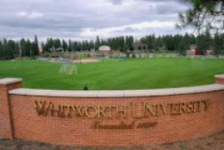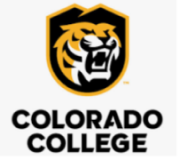 Donate now
Donate now
A Charity Organization Equipping
Labs in Colleges and Universities.
Contact Us
Who we are


Lab equipment
Science education of africans
When you Have the Resources
Consider Dr. Francisca Nneka Okeke, a Professor of Physics from Nigeria. She headed up the Department of Physics and Astronomy at UNN (University of Nigeria) from 2003-06 before becoming Dean of Physical Sciences (2008-10). She has supervised more than 40 students on their Ph.D. and M.Sc. successes. A member, or fellow, in more than a dozen professional bodies, such as the International Astronomical Union (IAU), she’s made contributions to the study of the electrojet phenomenon, atmospheric physics and, with her ionosphere studies, she hopes to develop a better understanding of climate change, as well as finding precise sources of earthquakes and tsunamis. And all this is because she had a lab in Africa…
Sikhumbuzo Masina
“From an African perspective, I believe it is vital to inspire young, up and coming scientist. If there is inspiration and collaboration, there is learning, and learning can be passed on. There has to be continuity if science and innovation is to flourish across our continent.” – University of the Witwatersrand in South Africa We couldn’t agree more with Sik, and our focus is to put emphasis on science education and innovation in the laboratory – and we believe that it all starts with a well-equipped science laboratory. Dulabs is working with partners to furnish laboratories
Jamil Abass
Consider Jamil Abass, creator and founder of M-Farm. Abass is a software developer in Kenya who provides vital market data by SMS to small farmers. This helps them to improve their sales, find markets in commercial farming, and ultimately it lifts people out of poverty. All it takes is access to the right equipment (in this case, computers, and training) and anyone or everyone can be a game-changer!
When you Have the Resources

The problem
- Accessibility of Equipment
- Basic laboratory skills
- Slow Scientific Growth
- General Lack of Education resources and Equipment
- More Science Training
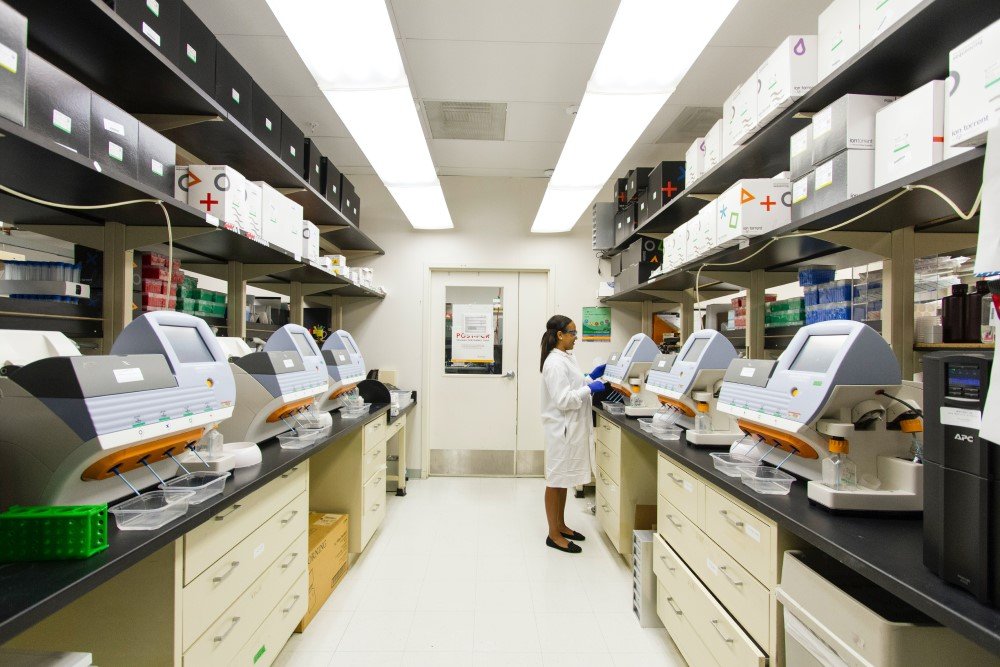
To escape this fate, those that can afford it or who can obtain a scholarship head for universities in the western world. The easy accessibility of equipment and tools may be the first time they’ve actually touched the equipment.

What other new students take for granted, these students have to learn for the first time—so they may spend months lagging behind the others while they are acquiring basic laboratory skills. This additional necessity delays the period of time before they can start to make significant progress to advance their non-laboratory skills and understanding.
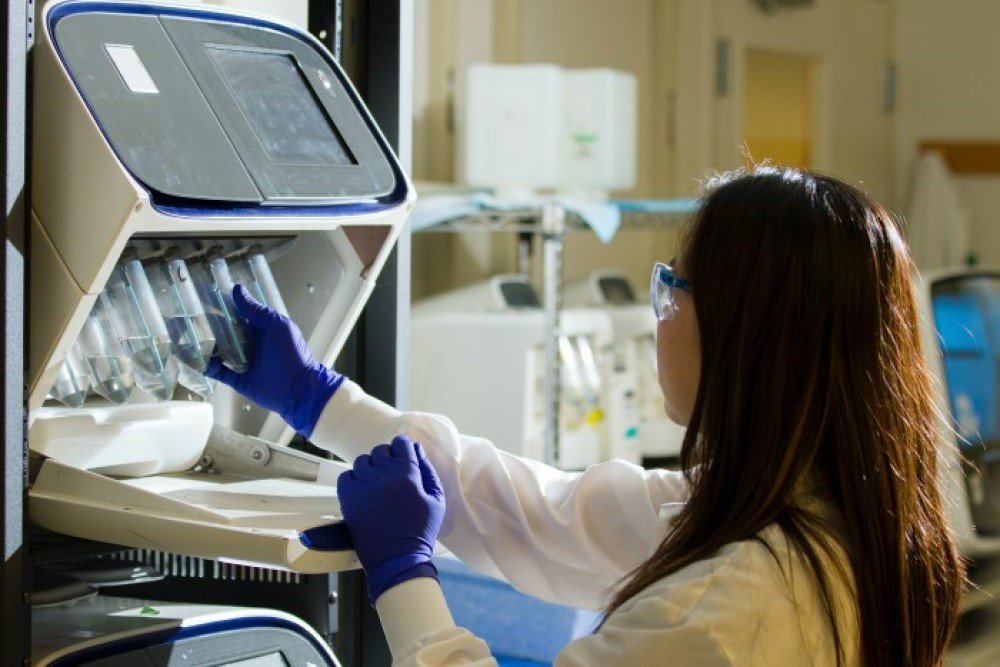
Thus begins a deadly spiral with fewer and fewer developing nation students taking up scientific careers. This means that scientific graduates become even rarer, in a time when they are already too few in number to help their countries modernize and grow scientifically.
 Because of the problems of poor scientific resources and lack of fully functional laboratories, students that graduate in the sciences, through no fault of theirs, often suffer from lack of practical experience. And if they are lucky to get a science job after graduation, they would have to spend precious months or even years learning the practical aspects of the theory on-the-job. For a very long time this insufficient practical knowledge has made it impossible for African scientist to excel and make vital contributions to the scientific community.
Because of the problems of poor scientific resources and lack of fully functional laboratories, students that graduate in the sciences, through no fault of theirs, often suffer from lack of practical experience. And if they are lucky to get a science job after graduation, they would have to spend precious months or even years learning the practical aspects of the theory on-the-job. For a very long time this insufficient practical knowledge has made it impossible for African scientist to excel and make vital contributions to the scientific community.
To potential students in the developing world it is axiomatic that science-training is underfunded, poorly supported, and ineffective. As a result, students turn to education in the Arts or other professions where equipment is abundant, or not even required.
Helping Today
Helping Tommorow
Helping to Arrange Food
Grursus mal suada faci lisis Lorem ipsum dolarorit ametion consectetur elit. Vesti at bulum nec odio aea the dumm ipsummGrursus mal suada faci lisis Lorem ipsum dolarorit ametion consectetur elit. Vesti at bulum nec odio aea the dumm ipsumm
Save Water
Grursus mal suada faci lisis Lorem ipsum dolarorit ametion consectetur elit. Vesti at bulum nec odio aea the dumm ipsummGrursus mal suada faci lisis Lorem ipsum dolarorit ametion consectetur elit. Vesti at bulum nec odio aea the dumm ipsumm
Charity For Education
Grursus mal suada faci lisis Lorem ipsum dolarorit ametion consectetur elit. Vesti at bulum nec odio aea the dumm ipsummGrursus mal suada faci lisis Lorem ipsum dolarorit ametion consectetur elit. Vesti at bulum nec odio aea the dumm ipsumm
Handle With Care
Grursus mal suada faci lisis Lorem ipsum dolarorit ametion consectetur elit. Vesti at bulum nec odio aea the dumm ipsummGrursus mal suada faci lisis Lorem ipsum dolarorit ametion consectetur elit. Vesti at bulum nec odio aea the dumm ipsumm
Eliminating poverty
The mission by DULABS is to provide better equipped teaching laboratories, thereby creating more skilled, hands-on scientists, who in future will solve many scientific problems in their immediate communities. Students graduating from colleges and universities with practical laboratory experience become aware that science is a relevant, practical, attainable and significantly beneficial.
An increased scientific presence leads to better infrastructure and quality of life for the continent. A lot of basic infrastructures and amenities depend on the inputs of science professionals: transportation, mines, water treatment, sanitation, electrical systems, and more, all depend on scientists with a practical grasp of the science behind the related task, systems, and processes.
Providing scientific skills opens the door to more sophisticated, better-paying jobs for ordinary workers, too. For example, drug development labs need technically trained workers to perform the test and work on vaccine development and storage. No need to fly in expatriates around the world to manage highly skilled projects and processes. Also, it Their above average pay also makes its way into the communities, which prosper, and the standard of living rises for everyone.
Sikhumbuzo Masina
“From an African perspective, I believe it is vital to inspire young, up and coming scientist. If there is inspiration and collaboration, there
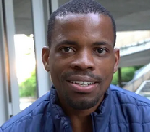
Sikhumbuzo Masina
What Our Clients Say
Grursus mal suada faci lisis Lorem ipsum dolarorit ametion consectetur elit. Vesti at bulum nec odio aea the dumm ipsumm ipsum dolocons is suada a and fadolorit to the consectetur elit.


